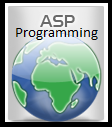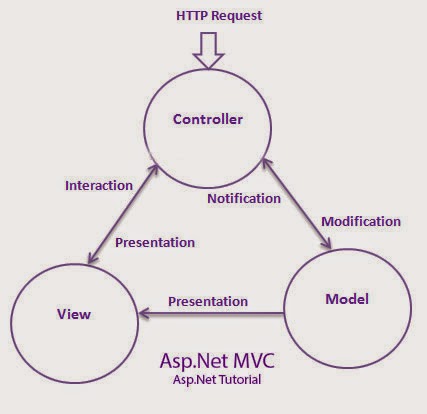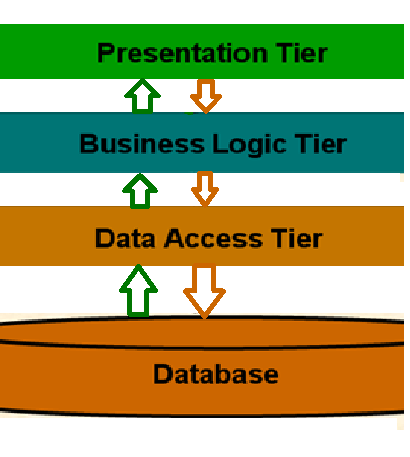Features of ASP.NET MVC Model
The ASP.NET MVC framework features:
MVC-ASP.NET Provide Fallowing features :
- Mvc provide Separation of application tasks (input logic, business logic, and UI logic), test ability, and test-driven development (TDD).
- All core contracts in the MVC framework are interface-based and can be tested by using mock objects, which are simulated objects that imitate the behavior of actual objects in the application. You can unit-test the application without having to run the controllers in an ASP.NET process, which makes unit testing fast and flexible. You can use any unit-testing framework that is compatible with the .NET Framework.An extensible and plug gable framework.
- The components of the ASP.NET MVC framework are designed so that they can be easily replaced or customized. You can plug in your own view engine, URL routing policy, action-method parameter serialization, and other components.
- The ASP.NET MVC framework also supports the use of Dependency Injection (DI) and Inversion of Control (IOC) container models. DI enables you to inject objects into a class, instead of relying on the class to create the object itself. IOC specifies that if an object requires another object, the first objects should get the second object from an outside source such as a configuration file. This makes testing easier.
- Extensive support for ASP.NET routing, which is a powerful URL-mapping component that lets you build applications that have comprehensible and searchable URLs. URLs do not have to include file-name extensions, and are designed to support URL naming patterns that work well for search engine optimization (SEO) and representational state transfer (REST) addressing.
- MVCSupport for using the markup in existing ASP.NET page (.aspx files), user control (.ascx files), and master page (.master files) markup files as view templates. You can use existing ASP.NET features with the ASP.NET MVC framework, such as nested master pages, in-line expressions (<%= %>), declarative server controls, templates, data-binding, localization, and so on.
- MVCSupport for existing ASP.NET features. ASP.NET MVC lets you use features such as forms authentication and Windows authentication, URL authorization, membership and roles, output and data caching, session and profile state management, health monitoring, the configuration system, and the provider architecture.
Learn About MVC:
- What is MVC model
- Mvc version, And introduction
- Asp.net Ajax Json Introduction
- C# Variables,How to declare in C#:
- Using jQuery change Background color of DIV
- JQuery Change Div Background Color Randomly





Comments
Post a Comment